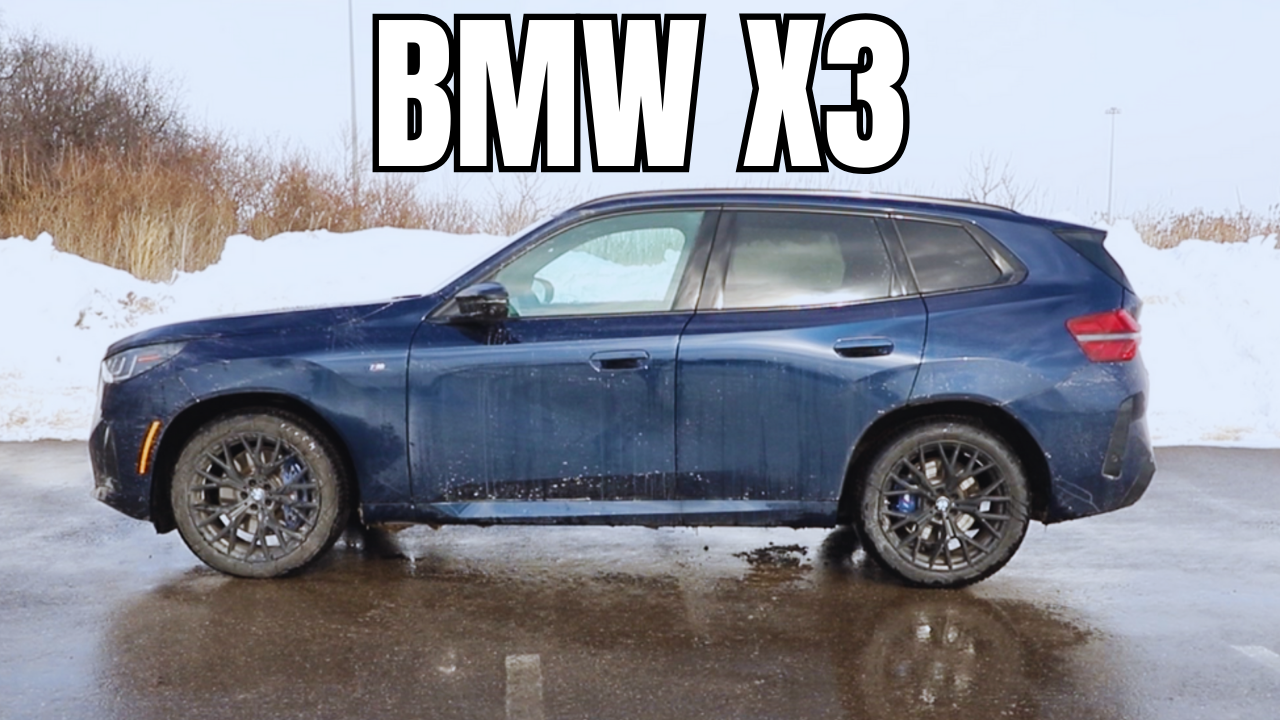4 Common Mistakes That Threaten Your Online Safety
/Most people would like to think that they keep themselves quite safe online, but are you really being as cautious as you could be? In fact, there are several daily habits that many of us are guilty of that could be compromising your online safety without you even realizing it. From the way that you set your passwords for online accounts to the information you post on your social media profiles, you could be putting yourself at risk every time you use the internet. Here are some common habits that you might not even have known you were guilty of.
Giving Away Too Much Information:
Today, communicating with strangers online has pretty much become the norm. Most of us are no stranger to online dating, Facebook groups, and even arguing with randomers on Twitter. And for the most part, it’s all fun and it can even be a good way to meet new friends. But if you’re arranging to meet up with an online friend or getting quite close with somebody, do you really know who you’re giving away personal information to? Being too forthcoming with seemingly friendly strangers can put you in a vulnerable position. Always use Nuwber to vet anybody you meet online and make sure that they are actually who they say they are.
Public Social Media Profiles:
What would most of us do without social media? Sites like Facebook, Twitter, and Instagram are great for sharing details of our lives with our friends and family members, but when was the last time you checked your social media privacy settings? If you have your Facebook posts set to public, for example, that will mean that anybody out there could be checking what you are doing, who you’re with, and more. Along with compromising your online safety, this could even compromise your safety in real life - there have been instances where homes have been broken into because thieves got information that somebody had gone out from Facebook. So be smart and lock your profile down so that you can control who sees what.
Using the Same Passwords:
Remembering strong passwords is not always easy - and when you’ve got hundreds of different online accounts, it’s impossible to expect anybody to remember a strong and unique password for every single one of them. But the truth is that while using the same strong password for everything might be convenient if one account gets hacked, that puts all your accounts at risk. Instead, use a tool like Google Passwords to save your passwords securely so that you can have a different one for every account and you don’t need to remember them all.
Using Public Wi-Fi Unprotected:
Everybody loves free Wi-Fi but the sad truth is that it often comes at a price. The free Wi-Fi that is usually available at shopping malls and in restaurants is not typically the most secure, meaning that it’s easy for hackers to intercept it and get access to your data and information. That means that if you’re doing something sensitive like logging into your online banking account over an unsecured public connection, anybody with a little bit of know-how could end up getting access to your money. The best way to protect yourself in this situation is to use a VPN which will secure and encrypt your connection.












